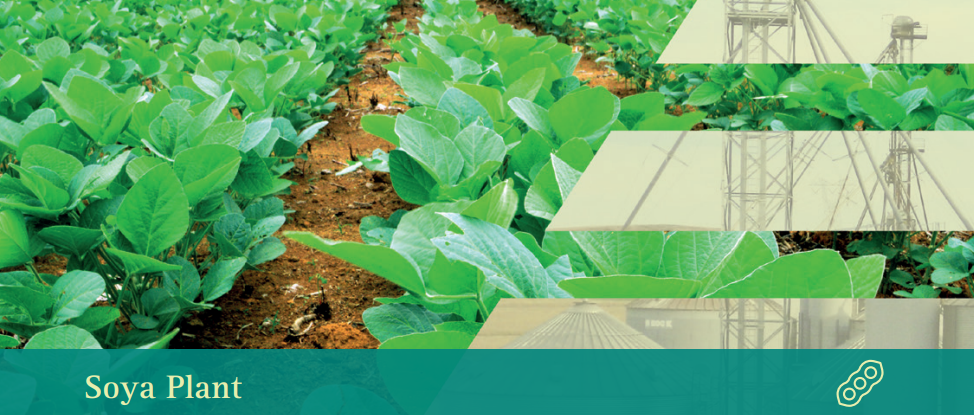Soya protein isolates are the main protein element in the bean. They are produced by processing the de-fattened soya flakes and removing all
non-protein components. This refined soya product contains a minimum protein content of 90% of the dry base. Worldwide the demand for
these isolates is high as they are used specifically to substitute meat protein servings. They are also used to stabilize emulsions, mix water and
fat and help keep the structural integrity of meat products after cooking them.
In Uruguay the aim is to produce soya protein derivatives to be used as additives in the manufacture of edible products for human
consumption. Thus the highest demand comes from farming and food consumption. This has resulted in an increase in demand and an
important growth area, including export potential.
After the currency devaluation in Uruguay soya products were substituted. Unfortunately the substitute had fewer benefits and was of lower
quality. The importation of soya from abroad has been dramatically reduced due to the high costs involved.
Worldwide demand for soya protein reached a peak of over 300,000 tons with worldwide production at 210,000 tons, resulting in market
shortages. Market forecasts for 2010 showed an increased demand of 800,000 tons with production barely reaching 700,000 tons.


